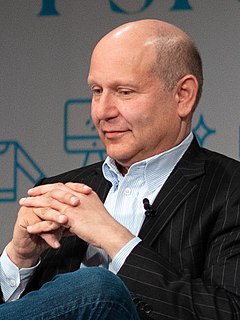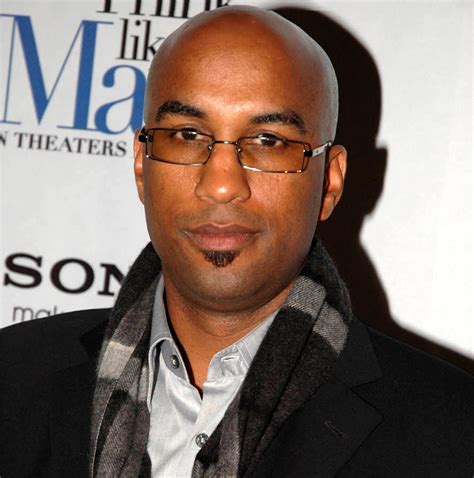A Quote by Tessa Virtue
What we portray on the ice is really important to us, and we love getting into character and telling a story.
Related Quotes
Also, with acting and dancing I portray a predetermined character and story for the most part, with music I have the creative freedom to create a song on a whim with whomever I choose and at whatever time I choose to do it. It's more liberating artistically and that's why I've stuck with it. It's a good balance to be able to portray a character and also be myself in avenues that I'm passionate about.
Also, getting the chance to play a supporting part meant that I didn't have to do as much as the protagonist, such as running around telling the story. [As the protagonist] you push the story whereas, paradoxically, as a character part, you have a chance to explore some of the nuance and some of the more complicated aspects of a character.
What's your story? It's all in the telling. Stories are compasses and architecture; we navigate by them, and to be without a story is to be lost in the vastness of world that spreads in all directions like arctic tundra or sea ice. To love someone is to put yourself in their place, we say, which is to put yourself in their story, or figure out how to tell yourself their story. Which means that a place is a story, and stories are geography, and empathy is first of all an act of imagination, a storyteller's art, and then a way of traveling from here to there.
Not every character that you play is going to be somebody that you like or love, but every character that you play has a story that is worth telling. If you're not the person to tell it, that's one thing. But if you don't want to tell it because you are afraid of the unpopularity of the character, I view that as a missed opportunity.
John Cassavetes' films have really altered the way I see film and acting and storytelling and emotion and love, so I see acting as this incredible revealing of human nature and this means of telling our story, sharing our voice with the world. That's what acting is for me. It allows for people to experience things through the character, through the story.





































